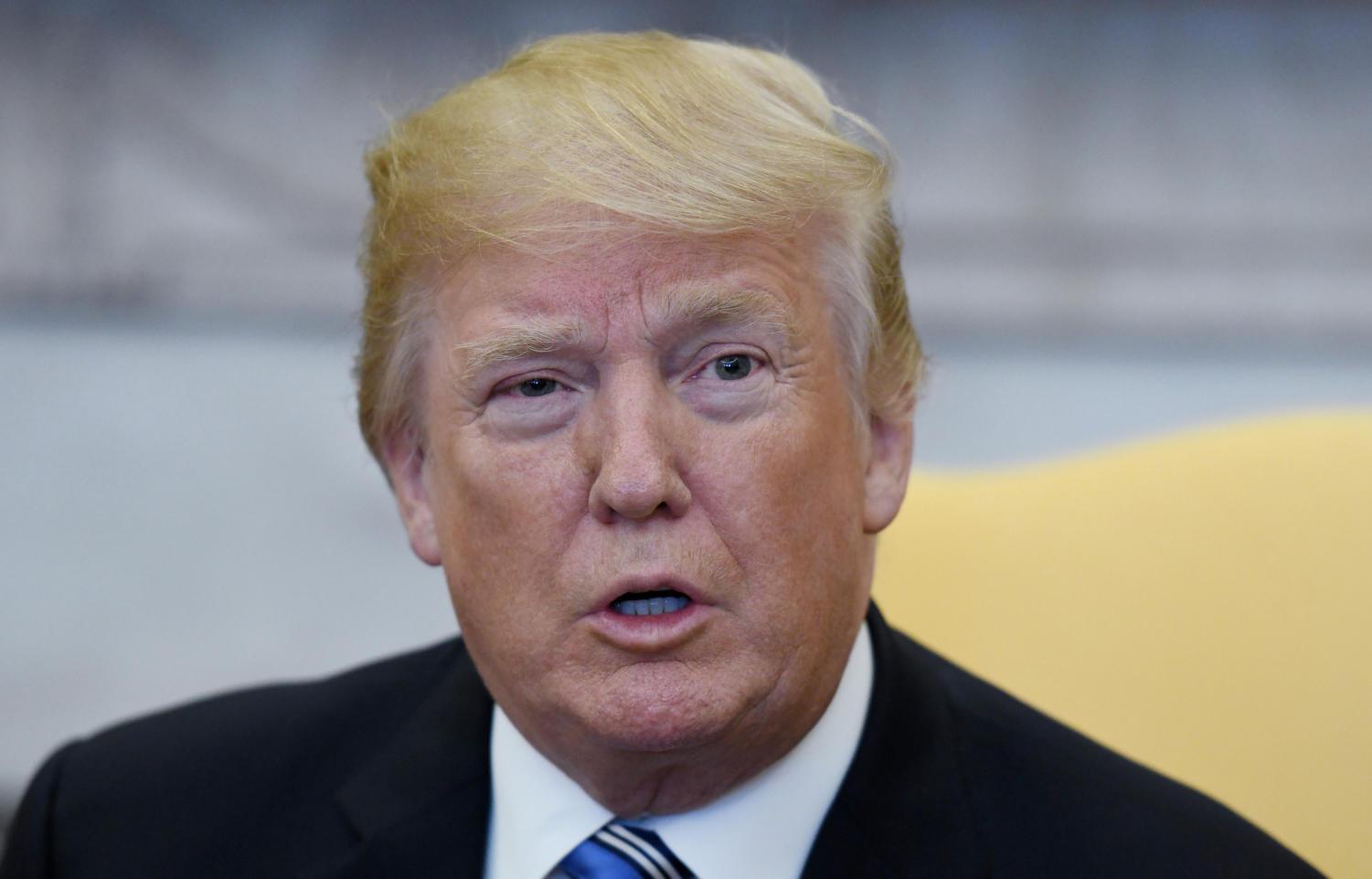The White House hosted a press conference last week in response to the school shooting in Florida, which left 17 people dead. While the event was supposed to focus on gun violence, President Donald Trump stated that he wanted to do “something” about violence in video games.
“I’m hearing more and more people say the level of violence on video games is really shaping young people’s thoughts,” Trump said.
In the wake of the Parkland school shootings the public desire for stronger gun control laws has reached a peak not seen in years. The Parkland students have become national figures who have spearheaded the push for stricter legislation.
Unfortunately, instead of acknowledging this outcry the Trump administration has decided to toe the company line of the National Rifle Association by derailing the gun control debate by bringing up violence in video games.
It’s not surprising that Trump feels the need to keep his NRA supporters happy, considering the $30 million they donated to his presidential campaign in 2016. After a disasterous town hall with the survivors and parents of the Florida shootings, and public opinion against them it seems like the NRA needed a quick diversion.
If this is their goal, video games make an effective target.
The moral panic over video games stretches back to the ‘90s, when kids huddled around their Sega Genesis to rip out their friend’s spine in Mortal Kombat. Since then, conservatives have beaten the drum over the corrupting influence of these games.
The fear has been that the sensationalized content of video games desensitizes children to violence. This has been the rationale leading all the way back to Columbine when Eric Harris and Dylan Klebold walked into their high school and killed 12 of their classmates and a teacher in 1999.
However, the reality is that science doesn’t support this theory. Even mental health professionals have said that studies show that there is no evidence that violent video games lead to long-term changes in behavior that result in anti-social crimes like school shootings.
In the same study researchers found that “people serving time for violent crimes typically consume less media before committing their crimes than the average person in the general population.”
As the debate over video games continues the one thing that gets overlooked is actual violence. Since Columbine, the country has fallen into a pattern of “shock, anger, argue, forget and repeat” in the aftermath of every shooting. The only thing causing our desensitization toward of gun violence is our quiet acceptance of it.
Despite this evidence, the Trump administration is still intent on pushing the idea that video games are a danger to society. After Trump’s statements, White House Press Secretary Sarah Huckabee-Sanders announced a summit with the heads of the top video game companies. Oddly enough none of these companies were aware of any meeting scheduled for this week and have no desire to participate.
The video game companies declined to join the summit in Washington because they know Trump’s threats are toothless.
Politicians can condemn video games on every cable news show that will have them, but at the end of the day lawmakers are basically powerless to do anything.
Video game developers already achieved their decisive victory in 2011 when the Supreme Court ruled 7-2 that the state of California could not restrict the sale of violent video games to minors.
In the case former Supreme Justice Antonin Scalia declared that “Video games qualify for First Amendment protection. Like protected books, plays, and movies, they communicate ideas through familiar literary devices and features distinctive to the medium. And the basic principles of freedom of speech . . . do not vary.”
This decision means there is very little the current administration can do to developers. The current panic over violent games is nothing but political theatre intended to shift blame and distract the public.
To be fair, there are problems in gaming. The industry struggles with inclusion and has a problem with sexism, stereotypes and harassment. Gamergate showed how toxic the hobby can be to women and people of color. “Swatting,” the act of calling police and claiming that opponents are armed and dangerous, is finally being taken seriously after a man was killed by police last January.
However, to pretend the hobby is creating mass murderers is nothing but an excuse to ignore the victims of gun violence. It is time to put for us as a society to put this myth of video game violence to rest and focus on creating real world changes.




